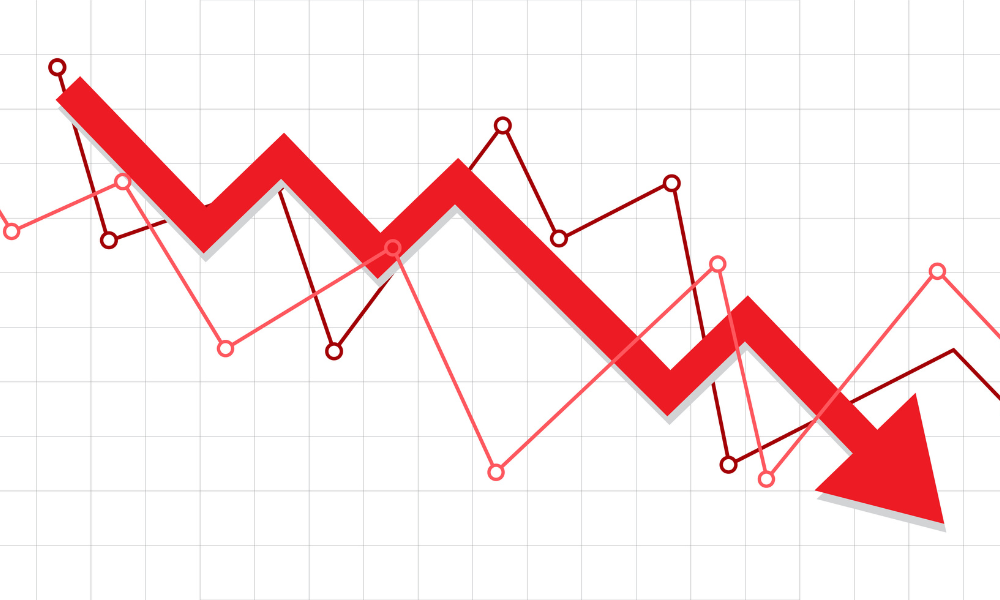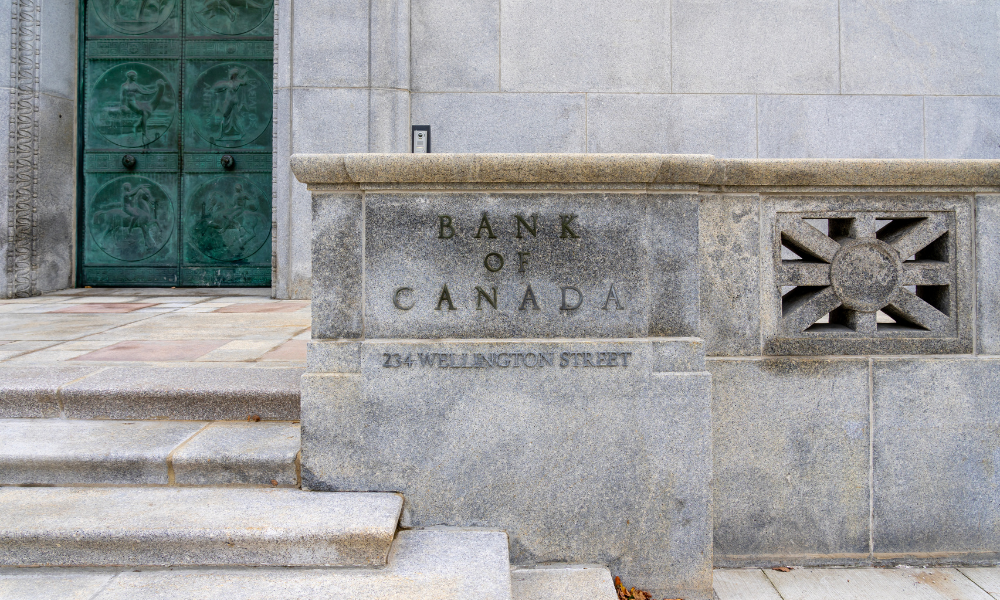For many homeowners, doing nothing as costs rise is not an option

There are more than one million Canadian mortgages due for renewal this year and the cost of borrowing has shifted significantly since most were originated, forcing some serious thinking.
With 85% of the approximately 1.2 million mortgages affected having been secured when the Bank of Canada’s key lending rate was at or below 1% - at least one third of where it is now – many homeowners face far higher mortgage rates, even though they have been trending lower since last summer.
A new survey from Royal LePage published today (Feb. 20) reveals that 57% expect an increase in their monthly mortgage payment when they renew the mortgage on their primary residence, including 22% who expect a significant rise. A quarter of respondents believe their payment will remain within $100 of their current payment, and 15% think it will decrease.
But for those who decide that an increase is too much for their budget, considerations include whether to downsize, move to a more affordable region, or rent out a portion of their existing home.
“When it comes to post-pandemic mortgage renewals, many Canadians have avoided the worst-case scenario of having to sell their homes due to the inability to cover the cost of their mortgage, thanks to solid employment trends and declining interest rates,” said Phil Soper, president and CEO, Royal LePage. “Nevertheless, some will face a substantial rise in their mortgage costs, putting added pressure on their household finances. Many in this situation are exploring options to lower their monthly fees, such as extending their amortization period; a tactic which has proven popular.”
Eight in ten of those expecting an increase in their monthly mortgage payment say it will strain their finances but not all are thinking of selling their home, with 60% preferring instead to explore other cost savings to mitigate the higher mortgage payment.
While many said this will include reducing travel and cutting back on gas and groceries, one third are also thinking about curbing spending or investing. Around a quarter are considering how they can boost their income, for example with a second job.
“Even in challenging financial times, Canadians continue to prioritize home ownership and paying down their mortgages – cutting back on other spending, and even savings, if absolutely necessary,” said Soper. “Delinquency rates in Canada remain extremely low, arguably the lowest among advanced economies worldwide, despite the rising cost of living and household debt. For example, the rate of mortgage default in the US is more than fifteen times higher.”
Tariff impact
However, there could be a positive effect on mortgages from an unexpected source.
If tariffs on Canadian goods are imposed by the US, with retaliatory tariffs as a response, then mortgage borrowers may get some assistance from policymakers.
“While a trade war with our southern neighbour offers little economic benefit, new homebuyers and those renewing a mortgage this year may find a silver lining: lower borrowing rates. If the Bank of Canada is forced to take measures to bolster a weakening economy, we could see faster and deeper rate cuts, at least in the short term,” said Soper.



